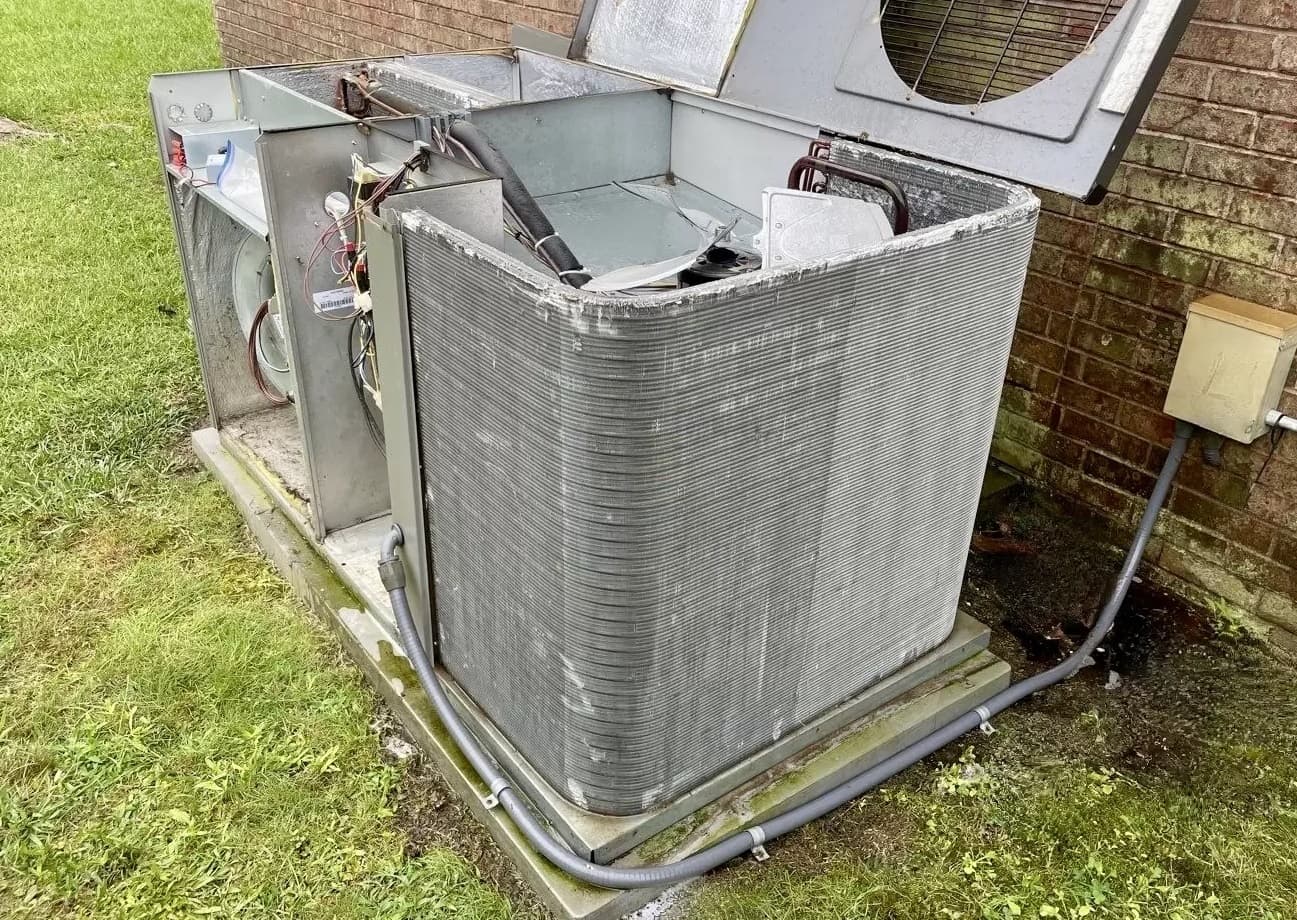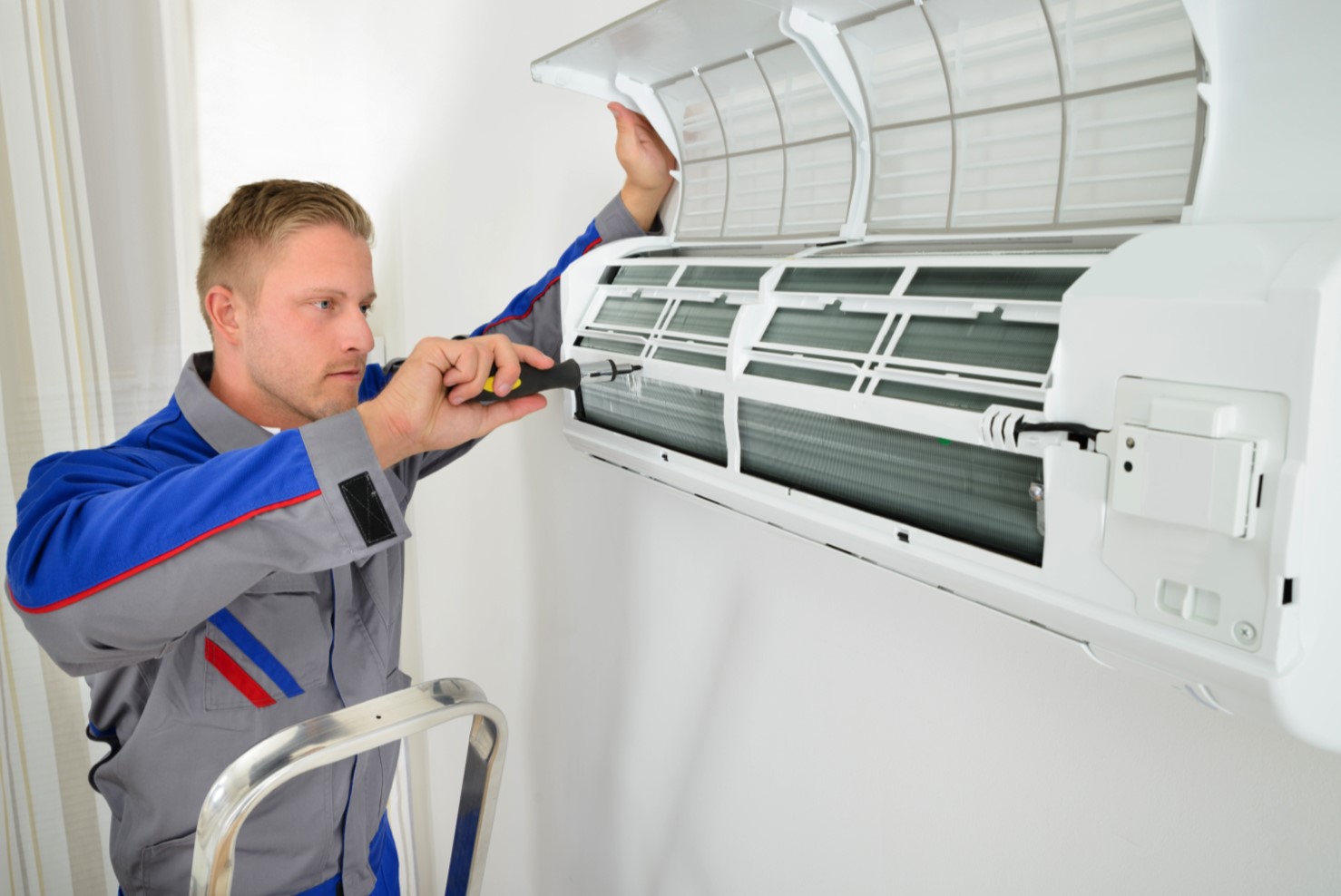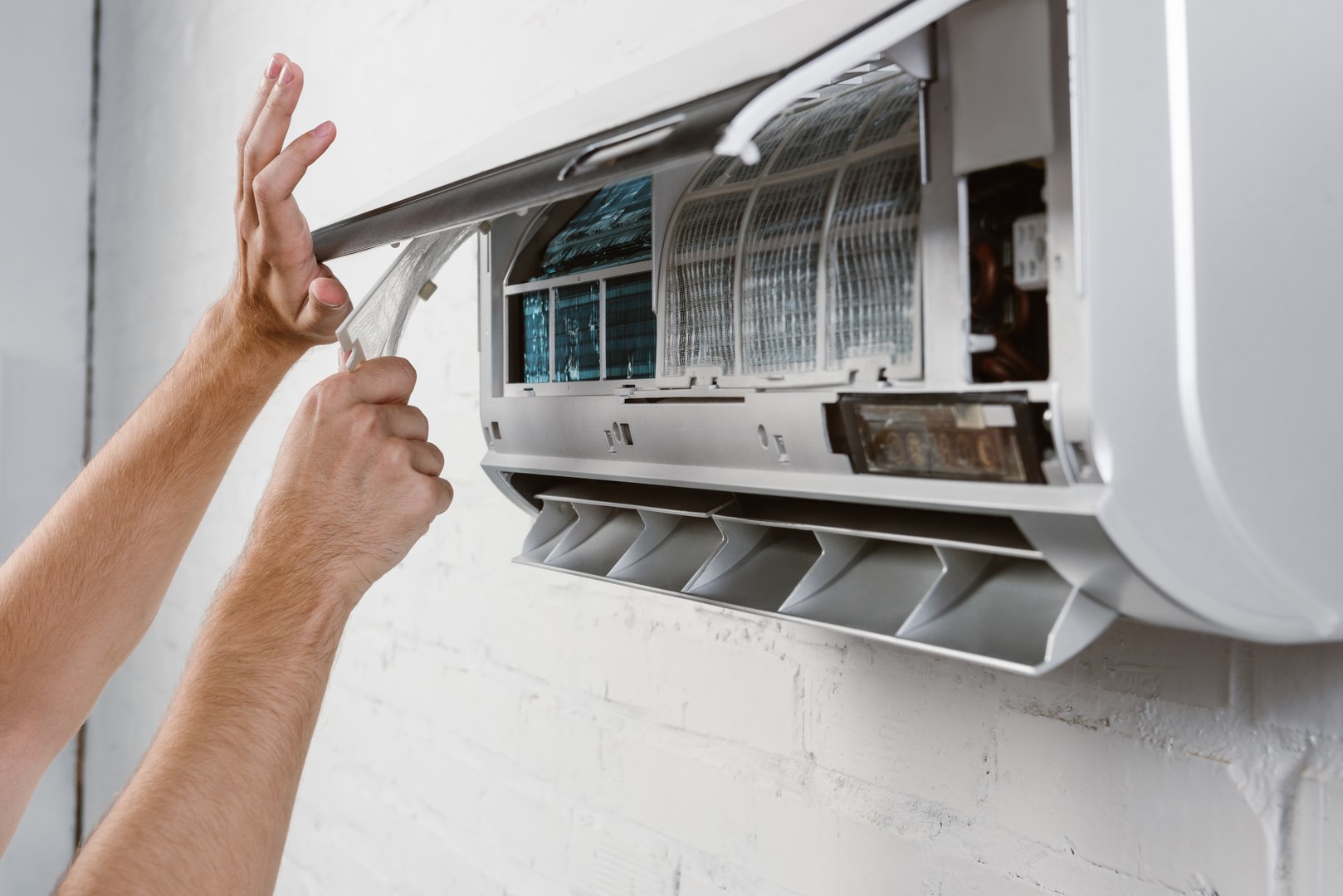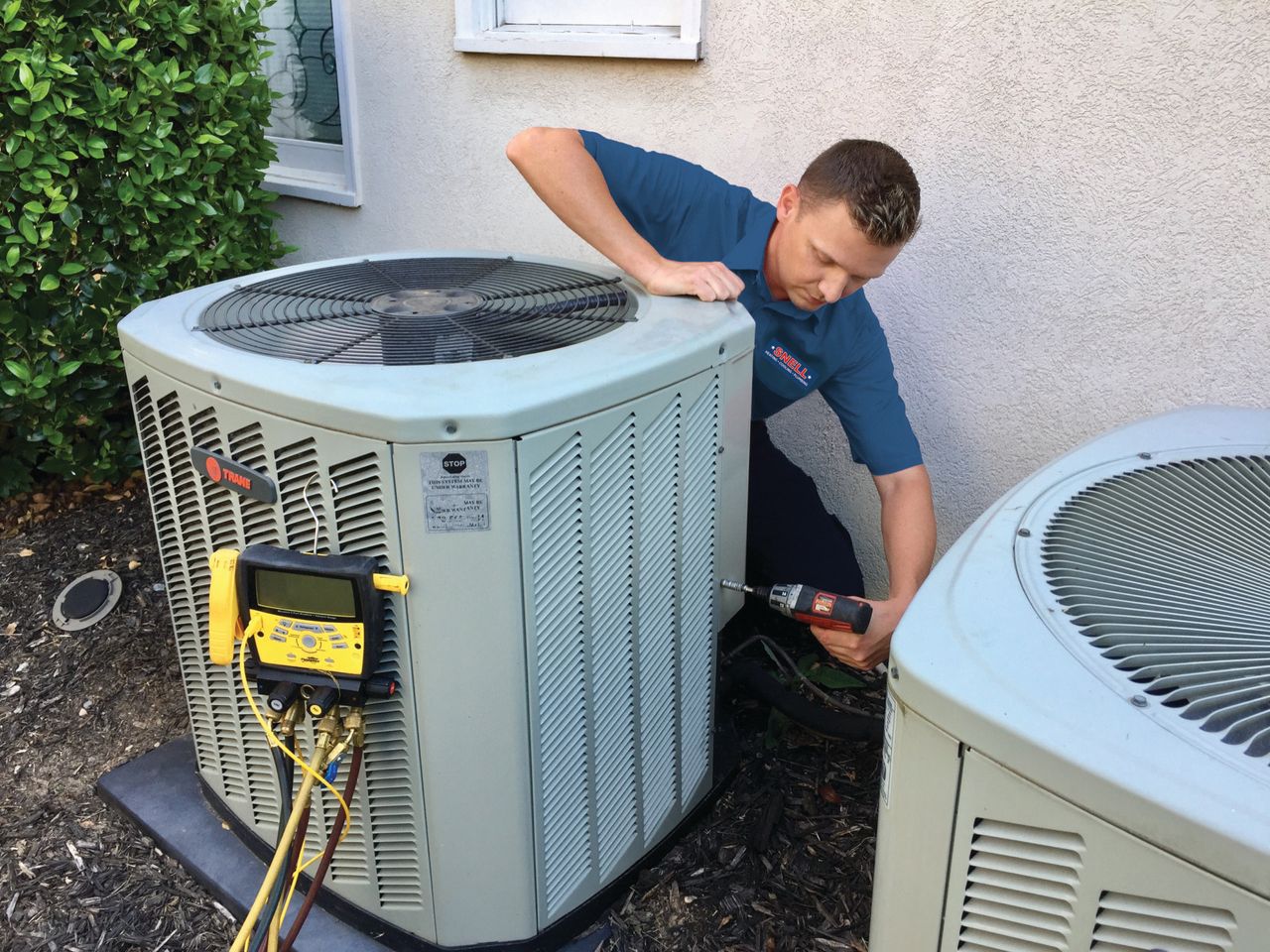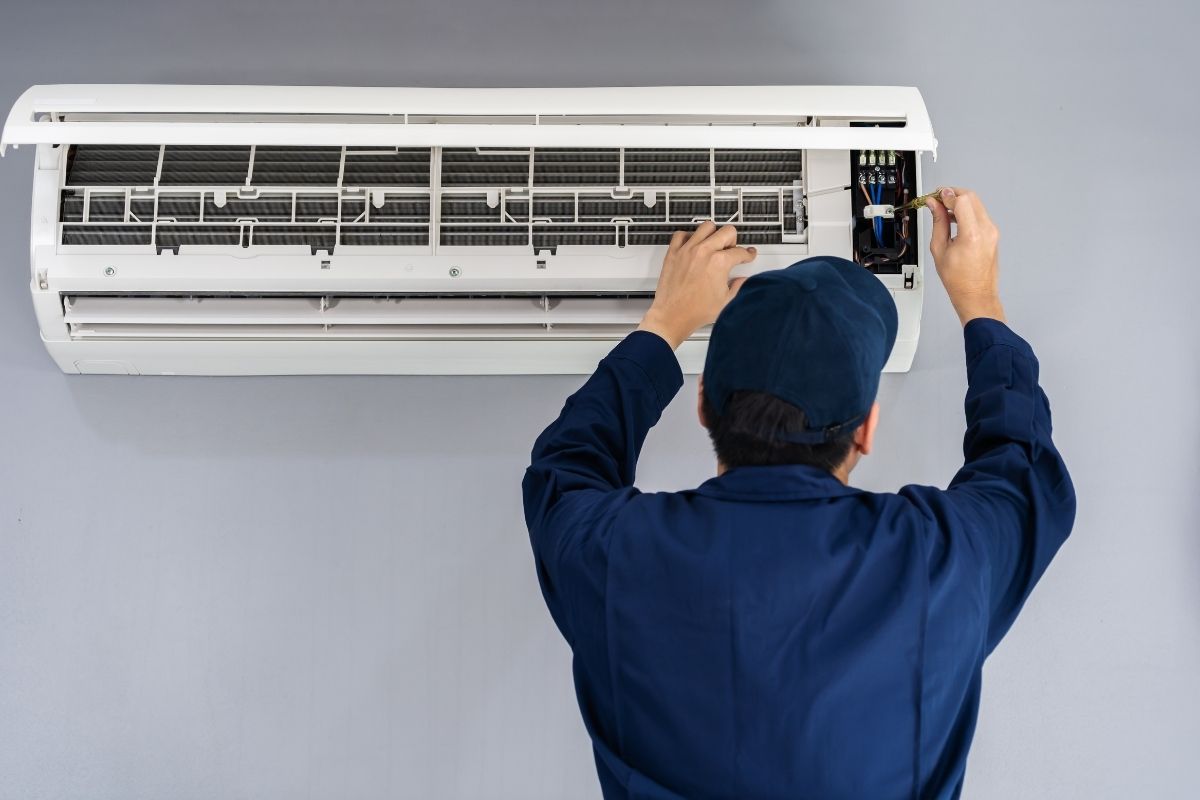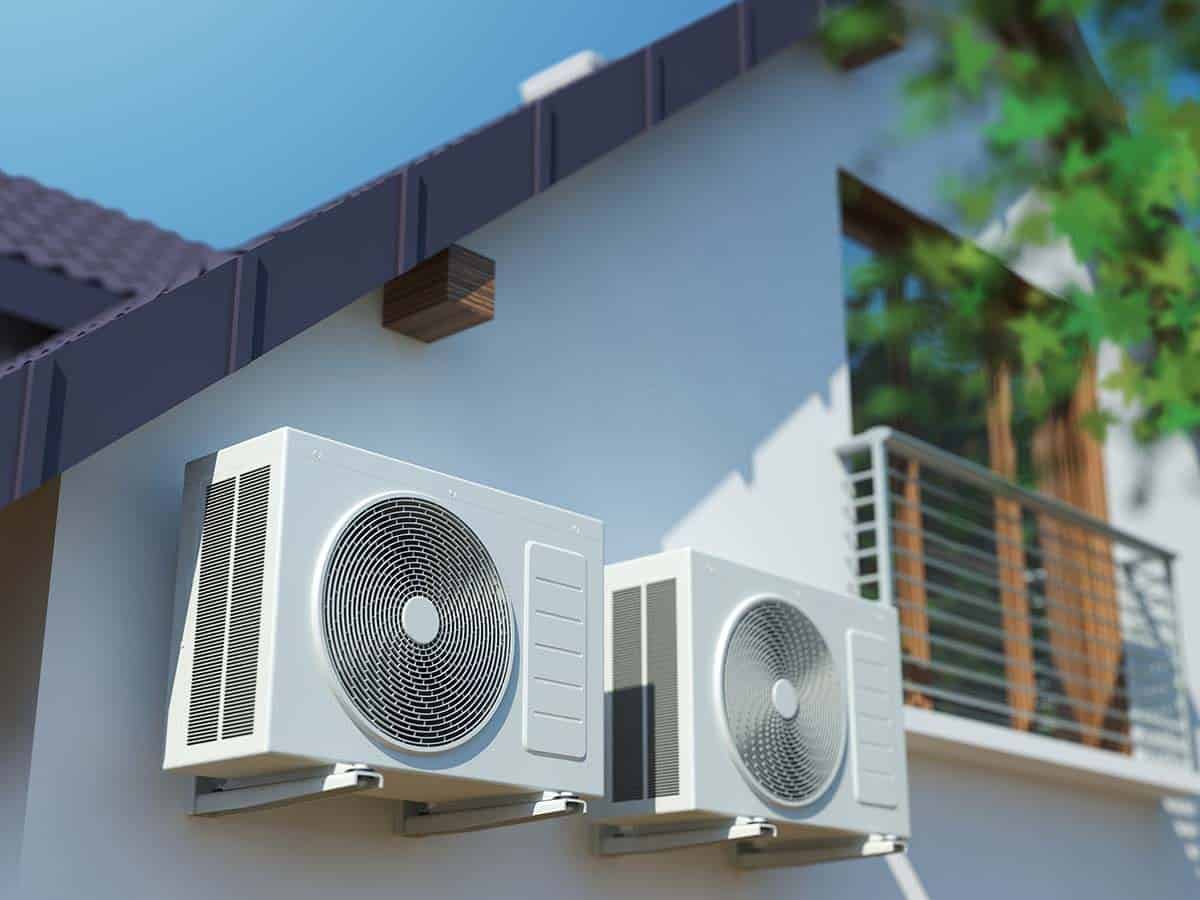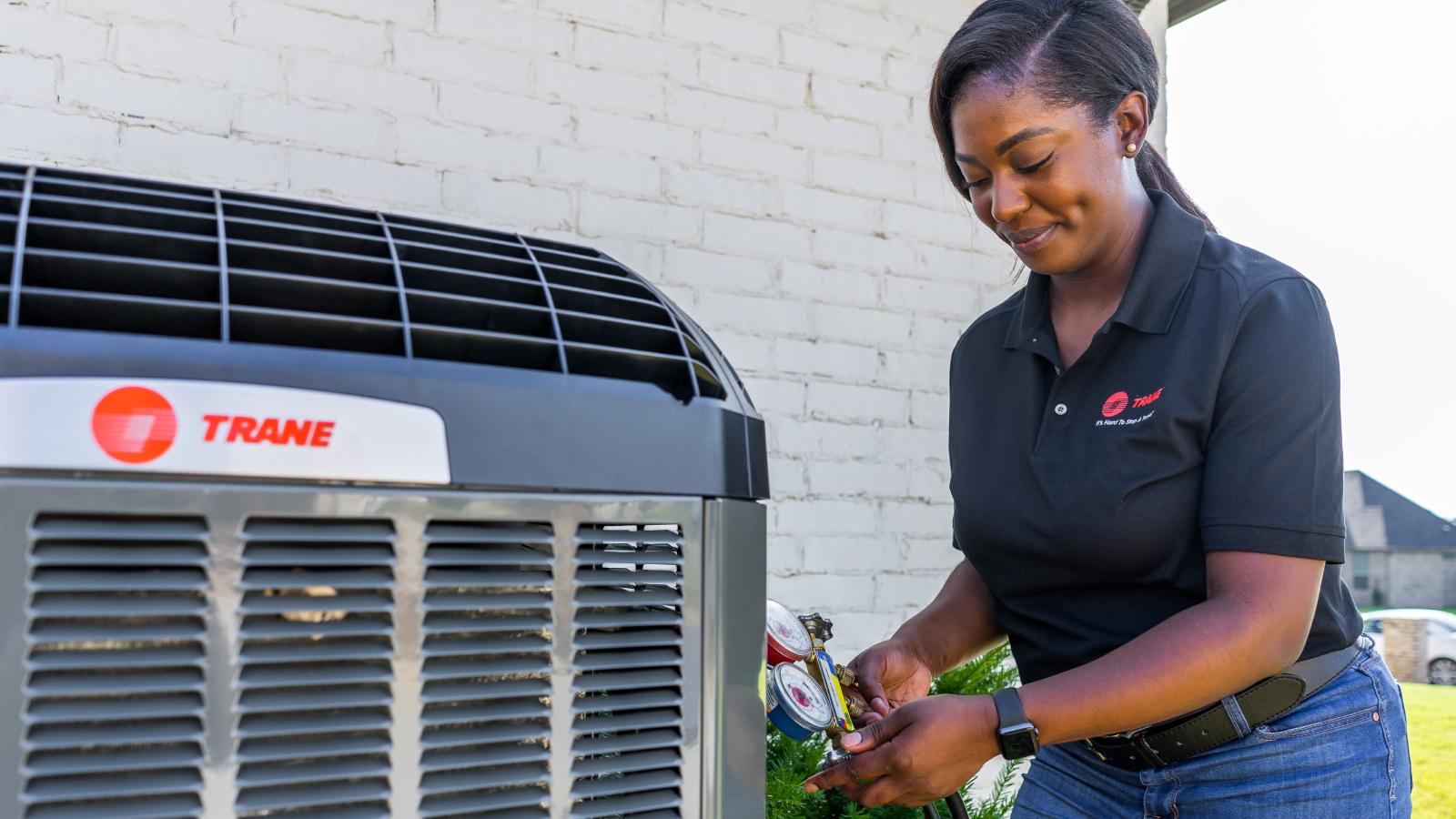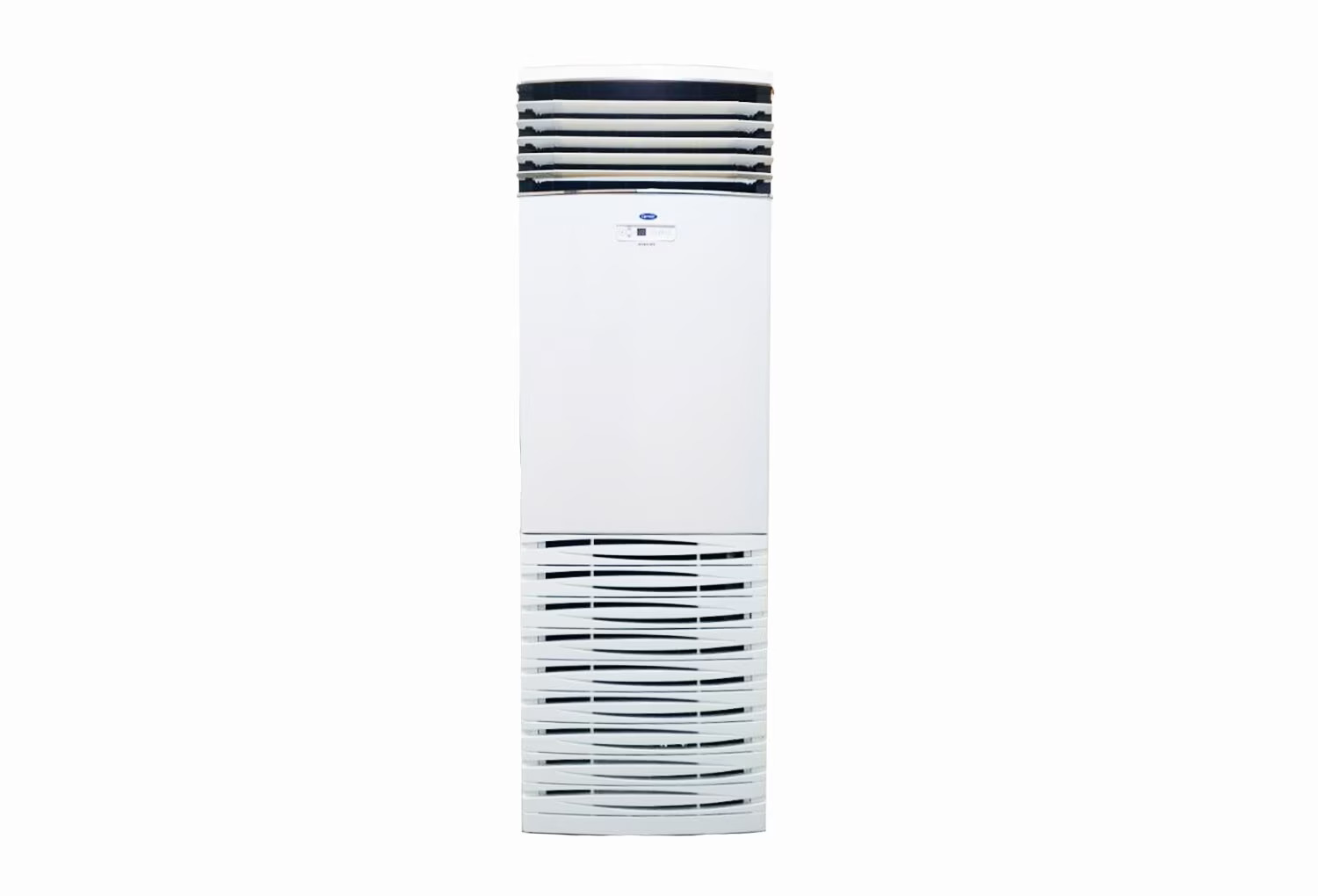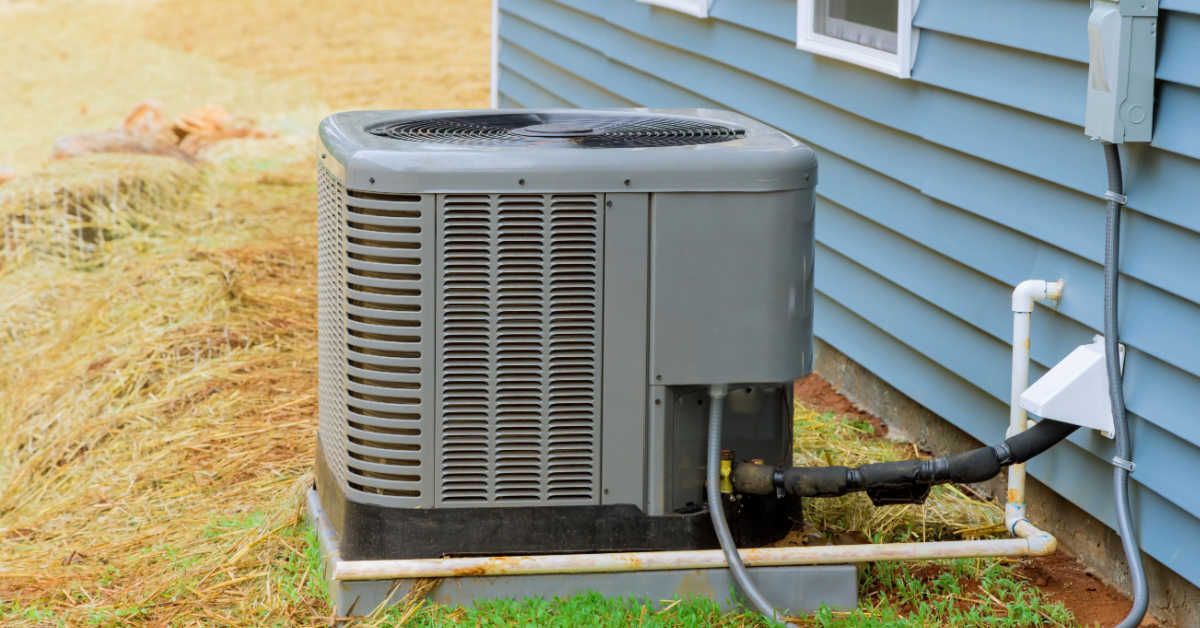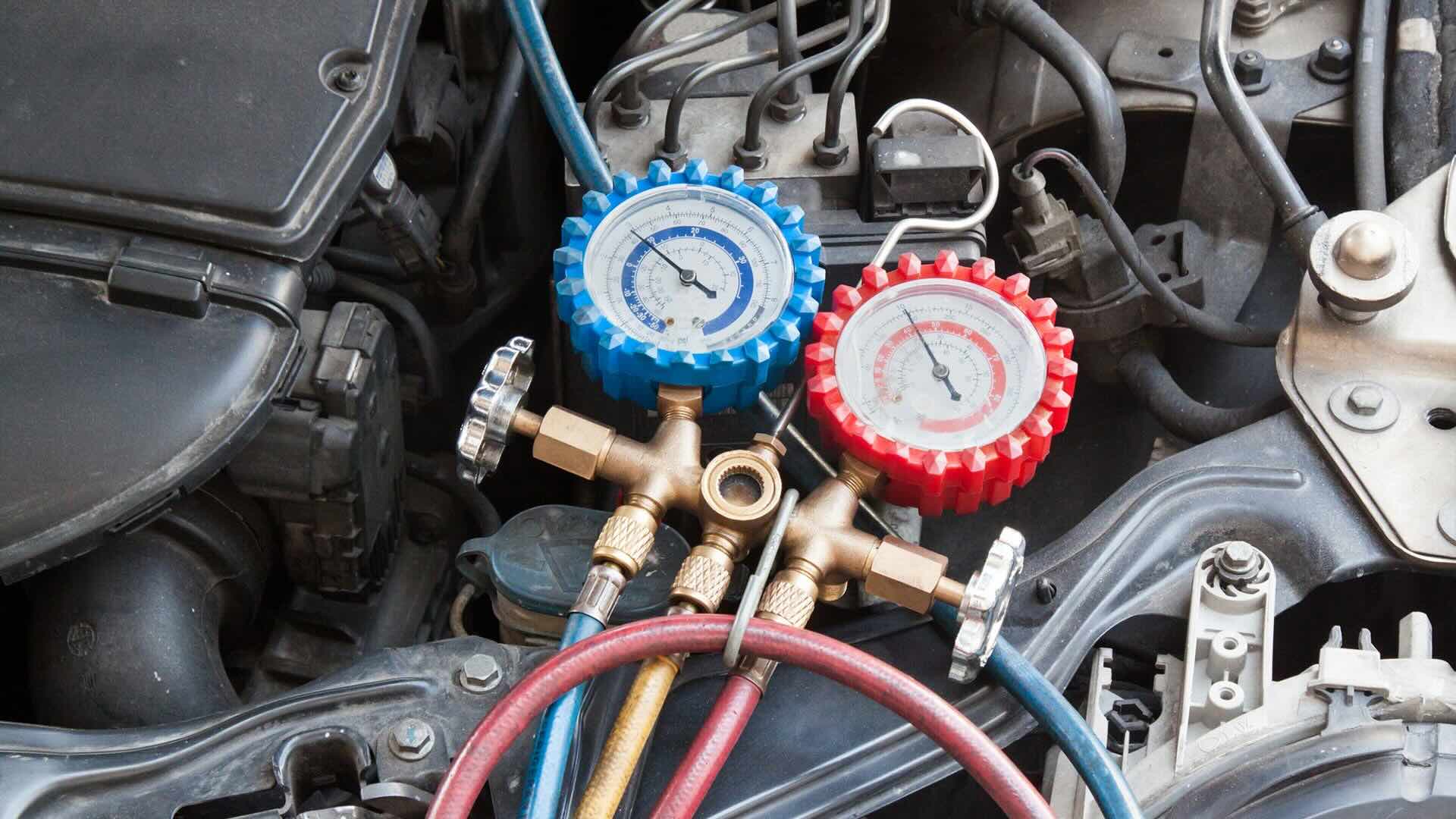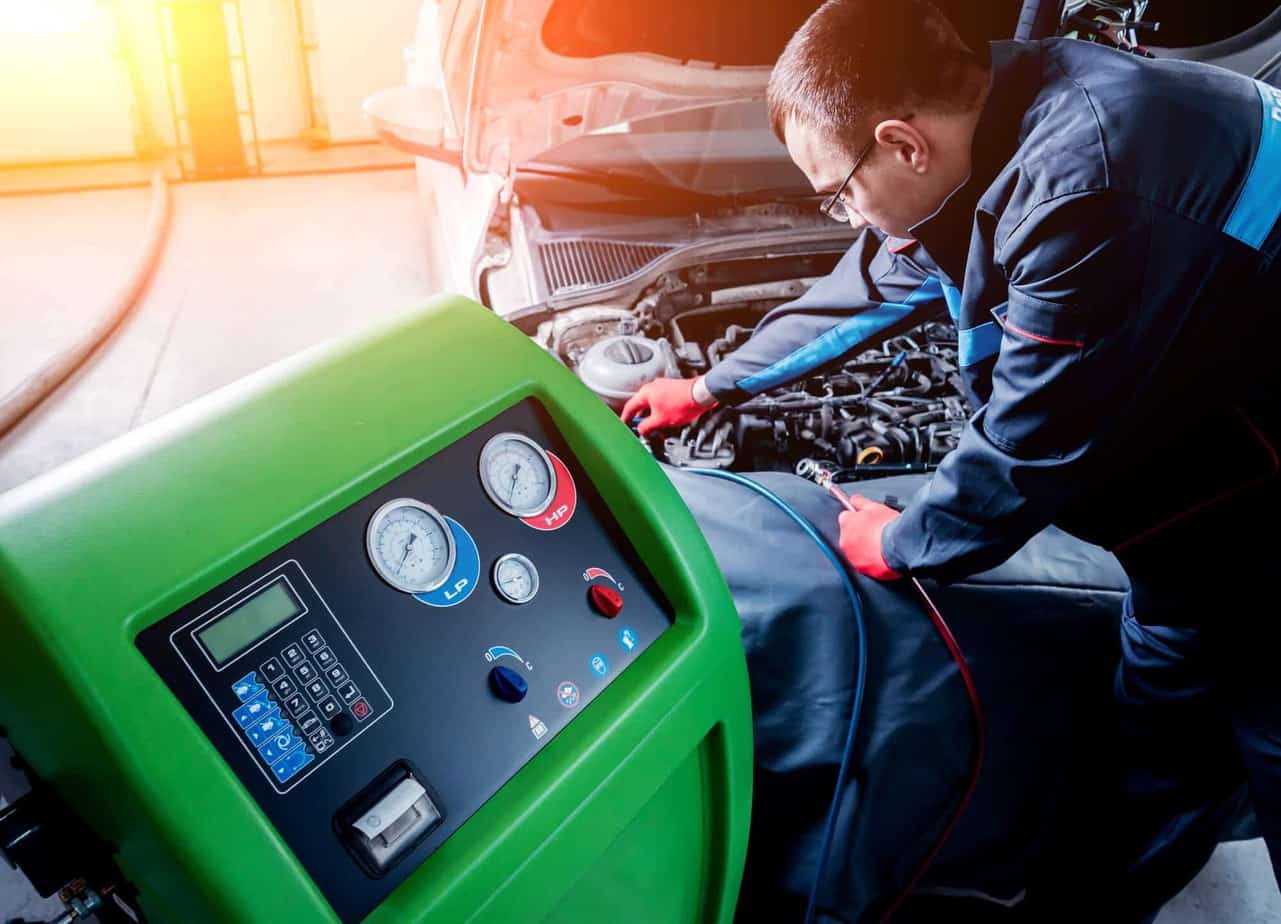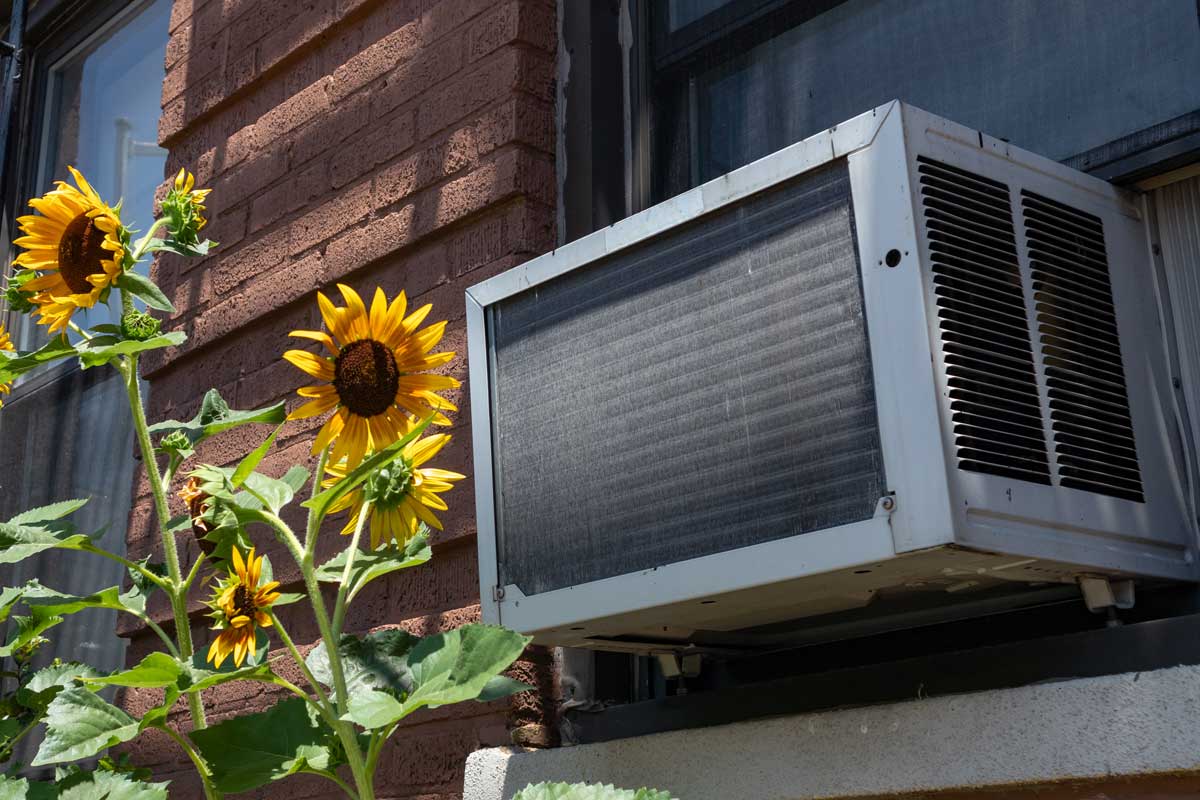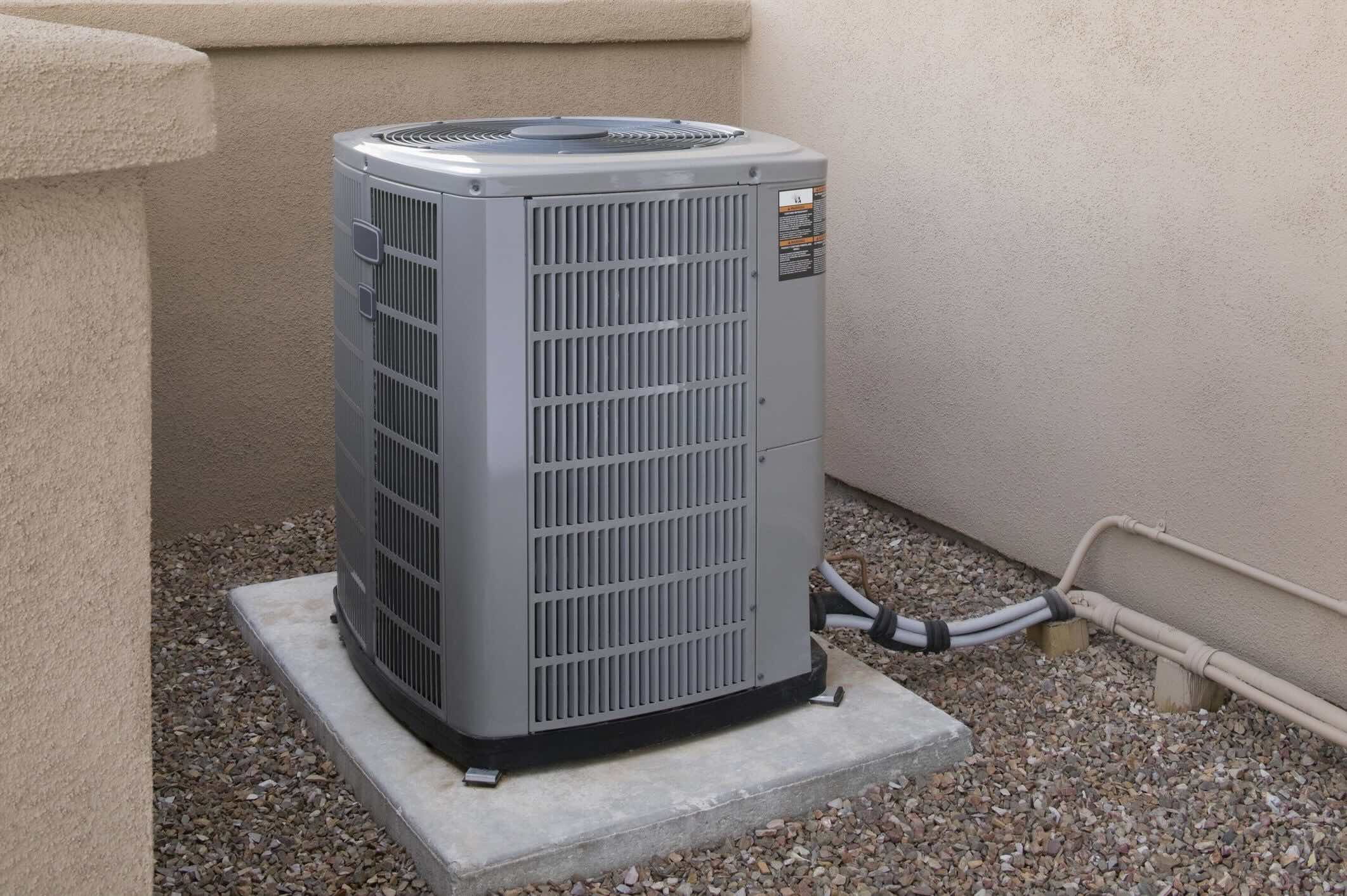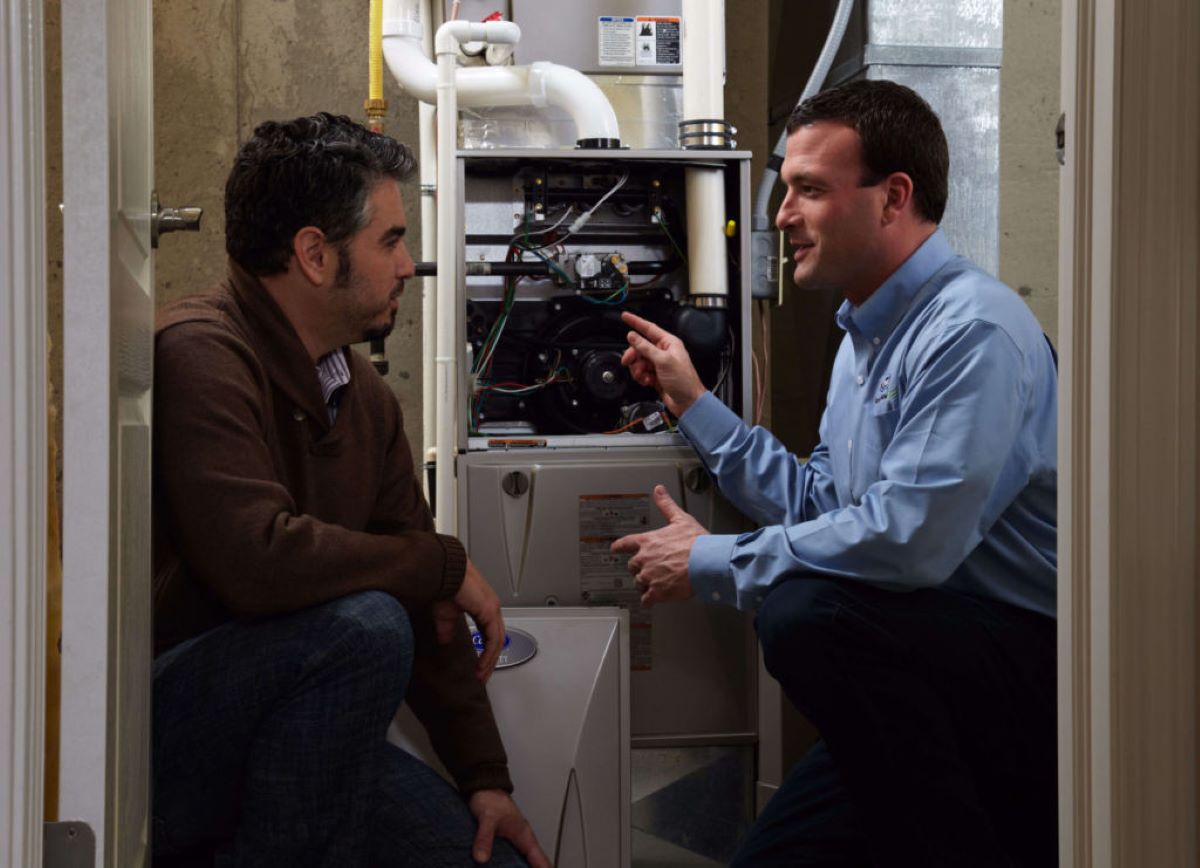Home>Home Maintenance>How Much Does A New Air Conditioner Cost
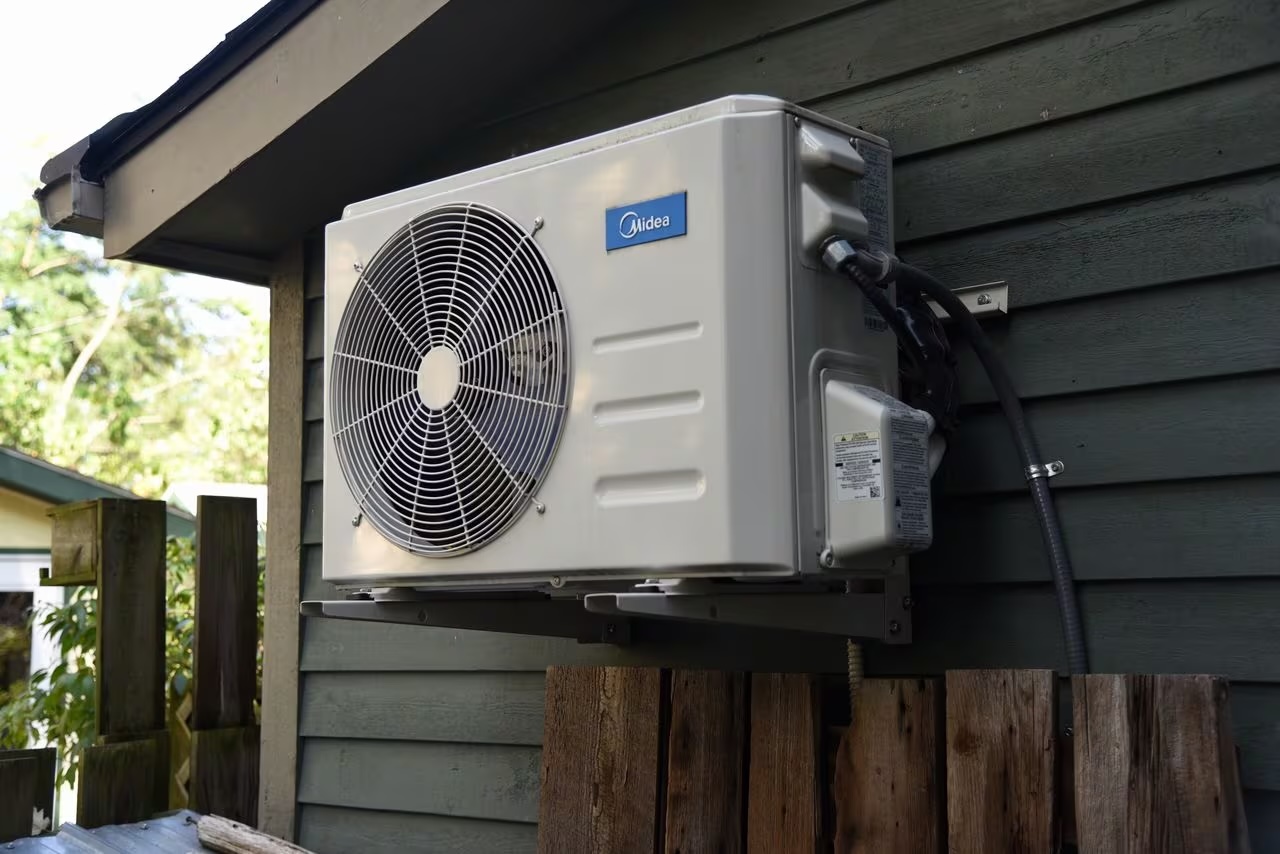

Home Maintenance
How Much Does A New Air Conditioner Cost
Modified: March 7, 2024
Find out the cost of a new air conditioner for your home maintenance needs. Get expert advice on pricing and installation options.
(Many of the links in this article redirect to a specific reviewed product. Your purchase of these products through affiliate links helps to generate commission for Storables.com, at no extra cost. Learn more)
Introduction
When the scorching summer heat arrives, having a functional and efficient air conditioner is a necessity for maintaining a cool and comfortable home. However, if your current AC unit is showing signs of age or simply doesn’t meet your cooling needs, it may be time to invest in a new air conditioner. However, before you jump in and make a purchase, it’s important to understand the cost factors involved.
The cost of a new air conditioner can vary significantly depending on several factors. The size of your home, the specific requirements for cooling, the energy efficiency of the unit, and the type of air conditioner you choose all play a role in determining the overall cost. In this article, we will explore the various factors that affect the cost of a new air conditioner, the different types of air conditioners available, additional costs to consider, and tips for getting the best deal.
By understanding the different aspects of the cost involved, you will be able to make an informed decision that fits your budget and cooling needs.
So, let’s dive in and explore the fascinating world of air conditioners and their costs!
Key Takeaways:
- Invest in an energy-efficient air conditioner to save money in the long run and keep your home cool. Consider factors like size, installation complexity, and brand reputation to make an informed decision.
- Research, compare, and negotiate to get the best deal on a new air conditioner. Look for energy-saving incentives and prioritize professional installation for long-term savings and comfort.
Read more: How Much Does An Air Conditioner Cost?
Factors that Affect the Cost of a New Air Conditioner
Several key factors can significantly impact the cost of a new air conditioner. Understanding these factors will help you make an informed decision and avoid any unexpected expenses. Let’s take a closer look at each of these factors:
- Size of the Unit: The size of the air conditioner is measured in tonnage and refers to its cooling capacity. A larger home will require a larger unit to cool it effectively. The size of the unit will directly affect the cost, as larger units tend to be more expensive.
- Energy Efficiency: Energy-efficient air conditioners not only help reduce your carbon footprint but also save you money on your energy bills. The more energy-efficient the unit, the higher the initial cost is likely to be. However, you can expect long-term savings on your energy bills by choosing a high-efficiency unit.
- Installation Complexity: The complexity of the installation process can impact the overall cost. Factors such as the layout of your home and the need for additional ductwork or electrical work can increase the cost of installation.
- Brand and Quality: The brand and quality of the air conditioner also influence its cost. Well-known brands with a reputation for quality often come with a higher price tag. While it may be tempting to opt for a cheaper option, investing in a reputable brand can ensure better performance and durability in the long run.
- Extended Warranty: Some manufacturers offer extended warranties for their air conditioners, providing additional coverage for parts and labor beyond the standard warranty period. Opting for an extended warranty will increase the upfront cost but can provide peace of mind and potential savings on future repairs.
It’s important to consider these factors and strike the right balance between cost and efficiency when choosing a new air conditioner. Keep in mind that an air conditioner is a long-term investment, and making the right choice now can save you money and ensure comfort for years to come.
Types of Air Conditioners and Their Costs
When it comes to choosing a new air conditioner, there are different types available, each with its own advantages, installation requirements, and cost considerations. Let’s explore some of the most common types of air conditioners and their costs:
- Central Air Conditioners: Central air conditioners are the most common type of cooling system found in homes. These systems distribute cool air through ducts and vents, providing consistent cooling throughout the entire house. The cost of a central air conditioner installation can range from $2,500 to $7,500 or more, depending on factors such as the size of the unit, the complexity of installation, and any additional work required.
- Ductless Mini-Split Systems: Ductless mini-split systems are a popular choice for homes that do not have existing ductwork. They consist of an outdoor condenser unit connected to one or more indoor air handling units. The cost of installing a ductless mini-split system can range from $2,000 to $5,000 per indoor unit, depending on the size and complexity of the installation.
- Window Air Conditioners: Window air conditioners are a cost-effective option for cooling individual rooms. These units are installed directly in a window or a specially made hole in a wall. The cost of a window air conditioner can range from $150 to $800, depending on the size and features of the unit.
- Portable Air Conditioners: Portable air conditioners offer flexibility and easy installation. They can be moved from room to room and do not require permanent installation. The cost of a portable air conditioner can range from $200 to $700, depending on the cooling capacity and features.
It’s important to consider factors such as the size of your space, the number of rooms you need to cool, and your budget when choosing the type of air conditioner that best suits your needs. Additionally, it’s always a good idea to consult with a professional HVAC technician to determine the most suitable option for your home and ensure proper installation.
When budgeting for a new air conditioner, consider the size of your home, energy efficiency, and installation costs. Get quotes from multiple contractors to compare prices and find the best deal.
Additional Costs to Consider
When budgeting for a new air conditioner, it’s important to take into account additional costs that may arise during the installation process or throughout the lifespan of the unit. Here are some of the common additional costs to consider:
- Installation Costs: The cost of installing a new air conditioner typically includes labor charges, materials, and any necessary permits. Depending on the complexity of the installation and any modifications required, installation costs can range from a few hundred dollars to several thousand dollars.
- Maintenance and Service: Regular maintenance and servicing are essential to keep your air conditioner running efficiently and increase its lifespan. It’s recommended to schedule annual maintenance, which can cost around $100 to $200 per visit. Additionally, keep in mind that there may be repair costs if any components of the unit need to be fixed or replaced.
- Thermostat Upgrade: Upgrading your thermostat to a programmable or smart thermostat can provide additional energy savings and convenience, but it comes with an additional cost. The price of a thermostat upgrade can range from $50 to $300, depending on the features and brand.
- Air Duct Cleaning: If you have a central air conditioning system, it’s important to consider the cost of periodic air duct cleaning. This service helps improve indoor air quality and airflow, but it can cost around $300 to $500, depending on the size of your home and the extent of the cleaning required.
- Extended Warranty: As mentioned earlier, opting for an extended warranty can provide additional coverage beyond the standard warranty period. The cost of an extended warranty can vary depending on the length of coverage and the specific terms and conditions offered by the manufacturer.
It’s essential to factor in these additional costs when planning your budget for a new air conditioner. By considering these potential expenses upfront, you can ensure that you are financially prepared and avoid any surprises down the line.
Getting the Best Deal on a New Air Conditioner
Investing in a new air conditioner is a significant expense, so it’s important to ensure that you get the best deal possible. Here are some tips to help you save money and get the most value for your investment:
- Research and Compare: Take the time to research different brands, models, and prices to get an idea of what’s available in the market. Compare features, energy efficiency ratings, and customer reviews to find the best option for your needs.
- Get Multiple Quotes: Reach out to multiple HVAC contractors and request detailed quotes for the installation of a new air conditioner. This will allow you to compare prices, services offered, and warranties to find the best overall package.
- Consider Energy Efficiency: While energy-efficient air conditioners may have a higher upfront cost, they can save you money in the long run through reduced energy consumption. Look for units with a high Seasonal Energy Efficiency Ratio (SEER) rating to ensure optimal energy efficiency.
- Take Advantage of Rebates and Incentives: Check if there are any available rebates, tax credits, or incentives offered by your local government or electric utility companies for installing energy-efficient air conditioners. These can help offset the cost and provide additional savings.
- Timing is Everything: Consider purchasing a new air conditioner during the off-season or when there are sales and promotions happening. HVAC companies often offer discounts during slower periods, which can help you save money.
- Negotiate: Don’t be afraid to negotiate with HVAC contractors. Inquire about any potential discounts or if they can match a lower quote from a competitor. Contractors may be willing to negotiate to secure your business.
- Ensure Professional Installation: Proper installation is crucial for the optimal performance and efficiency of your air conditioner. Choose a reputable and experienced HVAC contractor who can install your unit correctly and offer a warranty on their workmanship.
By following these tips, you can maximize your savings and ensure that you get a high-quality air conditioning system installed at the best price possible.
Read more: How Much Does A Lennox Air Conditioner Cost
Conclusion
Investing in a new air conditioner is a significant decision, and understanding the factors that affect the cost is crucial for making an informed choice. By considering factors such as the size of the unit, energy efficiency, installation complexity, brand and quality, and additional costs, you can estimate the overall cost and ensure that it fits your budget.
Remember to explore different types of air conditioners, such as central air conditioners, ductless mini-split systems, window units, and portable air conditioners, to find the one that best suits your needs and preferences. Each type has its own installation requirements and cost considerations.
Additionally, it’s important to consider additional costs such as installation, maintenance, thermostat upgrades, air duct cleaning, and extended warranties. Budgeting for these expenses will help you plan accordingly and avoid any surprises.
To get the best deal on a new air conditioner, conduct thorough research, obtain multiple quotes, consider energy efficiency, take advantage of rebates and incentives, time your purchase strategically, negotiate with HVAC contractors, and prioritize professional installation.
By following these guidelines, you can make a cost-effective investment in a new air conditioner that will keep your home cool and comfortable for years to come. Remember to consult with HVAC professionals to ensure that you select the right unit and have it installed correctly.
Now, armed with this knowledge, you can confidently navigate the world of air conditioners and find the perfect solution that meets your cooling needs without breaking the bank.
Frequently Asked Questions about How Much Does A New Air Conditioner Cost
Was this page helpful?
At Storables.com, we guarantee accurate and reliable information. Our content, validated by Expert Board Contributors, is crafted following stringent Editorial Policies. We're committed to providing you with well-researched, expert-backed insights for all your informational needs.
